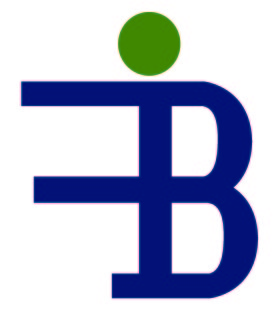The past few years have seen a significant boom is consumer savings opportunities. The most well-known, of course, are companies like Groupon and LivingSocial. More recently, Yelp initiated their effort for group buying and Google rumored a new service called Google Offers. These types of services are likely to flourish during the twenty-teens.
GroupOn is a service that has a deal of the day, per geographic region, which allows you to buy goods and services usually at more than 50% discount. There are a few restrictions but most people rave about it. Personally, I still have not adjusted to the idea of paying for a coupon. One downside of the service is that you have to opt-out of getting daily emails. I am a person who prefers to click my bookmark and see what the deal is – only when I feel like buying. There is nothing that annoys me more than receiving a daily bacon email (bacon emails are one step above spam because you know the service but still don’t want them in your inbox every single day!!!). LivingSocial is a similar service that offers even steeper discounts when people who you refer to the deal also purchase it. Yelp has joined the daily deal market and keep your eye out for Google offers.
With the boom in mobile computing technology, there are numerous opportunities to hunt for deals using services such as Foursquare, Facebook places, Gowalla, and Scvngr.
Location based social media is the next huge wave is consumer computing and Foursquare is leading the charge. Foursquare is a service that allows users to check-in to locations using their smartphones such as iPhone, Android, and Blackberry. The service has exploded in popularity and has over 7 million users. Not only can you check-in with friends and review stats on their website, local companies offer specials that are only visible to customers who use Foursquare. Just last week, I checked into a bar and saw that upon check-in, I could claim a free slider. Starbucks is also big supporter of Foursquare. At numerous Starbucks across the country, the Mayor (the person who has checked in the most time in the previous sixty days – maximum of one check-in per day is recorded) is able to claim a free cup of coffee every day! Facebook places, Gowalla and Scvngr came after foursquare and offer similar services.
Let’s say you are ready to get rid of you old phone and upgrade to one of the fancy smart phones so you can use Foursquare. You could trade in your phone old phone on Gazelle.com. This is a service that gives you cash for your gadgets.
If you have not already, you should try these great opportunities. I have reviewed some traditional websites and some location based services. If you want to know more, please feel free to contact me: josh@financialbeginnings.org.

